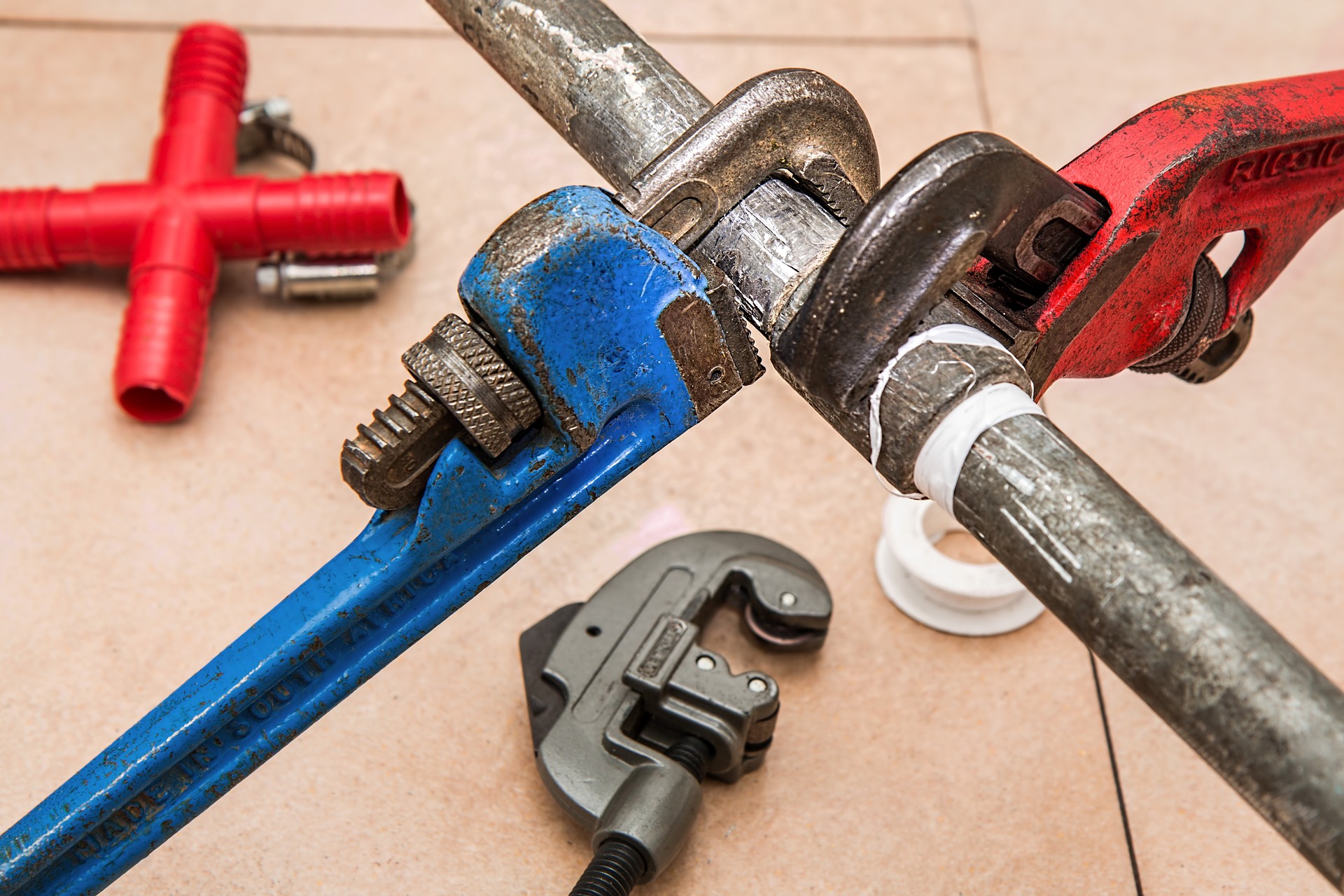Can you imagine how many times per day you turn the water on, use the toilet, take a shower or do the laundry?
Don’t calculate that, plumbing is a fast-growing trade with a high level of job security.
Specialized skills and knowledge required for plumbing, learned over time.
Extensive training and ultimately if required to become a Master Plumber, passing a state licensing and certification exam.
To become a Master A plumber takes seven to ten years, but this will allow you to become your boss, and earn a comfortable salary and determine your work schedule.
Hard work and commitment to the study are required in most trade occupations.
A billion-dollar industry is the plumbing industry, and as such is no exemption in education.
Master Plumber
Earn a master plumber status and wish to take on supervisor role must learn about master plumber designation.
They must have passing scores in practical and written exams.
At least two years of work experience is a requirement as a journeyman plumber.
When you become a master plumber you will have lucrative and good career options, things like liability insurance will be an increased responsibility among others.
Depending on your area of concentration, depending on the cost of the plumbing program.
Around $3000-$23000 will cost you a plumbing technology associate degree, and a certification program of the same costs $1250-$3000.
Job Description
The new work environment for Master Plumber is everyday present.
Most of the plumbers have instead of sitting behind a desk they crawl thigh spaces, they have work from a horizontal position and even hang upside down to reach a precariously positioned pipe.
Per day they stand on call 24 hours, and plumbers don’t have a fixed schedule.
Most of the plumbers begin early in the morning and end late in the day.
Many Master Plumbers has their own business and they have staff working with or alongside them.
Each call presents a new puzzle to solve and this job monotony is seldom encountered in this profession.
The size of the project and the required building are the main difference between commercial and residential jobs.
Education Requirements
Well, the first step in becoming a master plumber is to attend a vocational school or community college to learn the technical intricacies of plumbing, this is when your graduate from high school.
The program for a pre-apprentice includes many courses that focus on plumbing like:
- Math
- Vent and waste systems
- Design of water
- Residential repair
- Building codes
- Installation methodology
- Reading blueprints
- Isometric plumbing illustrations
As a part of an associate degree program, you can take these courses individually. You will need about two years to complete these competencies.
When you will complete successfully classroom learning you will begin an apprenticeship.
Expect to spend four to five years in this role and the State regulation varies.
You will work alongside and experienced plumbers when you on apprenticeship and this is a paid learning opportunity.
For this kind of role, you will put classroom knowledge into action and learning on the job.
After you complete your apprenticeship, you can apply for a license, or you can continue your quest to become a master plumber.
For a journeyman license, this involves applying.
Under the supervision of a master plumber, you will work for four to five years, after obtaining a journeyman licensing.
A certification test is a final step, and this test covets required practical skills and federal and state building codes. By State varies renewal of licensing.
Industry

The median yearly wage in 2016 for a plumber was $51,450, or $24.74 per hour, according to the Bureau of Labor Statistics.
Industrial and commercial plumbers have the potential to earn more.
To significantly increase profit margins, the master plumber must have to own a plumbing business with multiple plumbers and apprentices.
Years of Experience
Requirements for becoming a master plumber are substantial on-the-job experience.
Contributes to developing a professional reputation and a solid customer base when you have extensive training and when you become certified as a master plumber
Job Growth Trend
The jobs of plumbers are expected to grow by 16 percent from 2018 until 2026.
Workforce provides continued opening jobs for plumbers.
Influenced by economic factors this field continues to grow, which impacts new construction projects.








